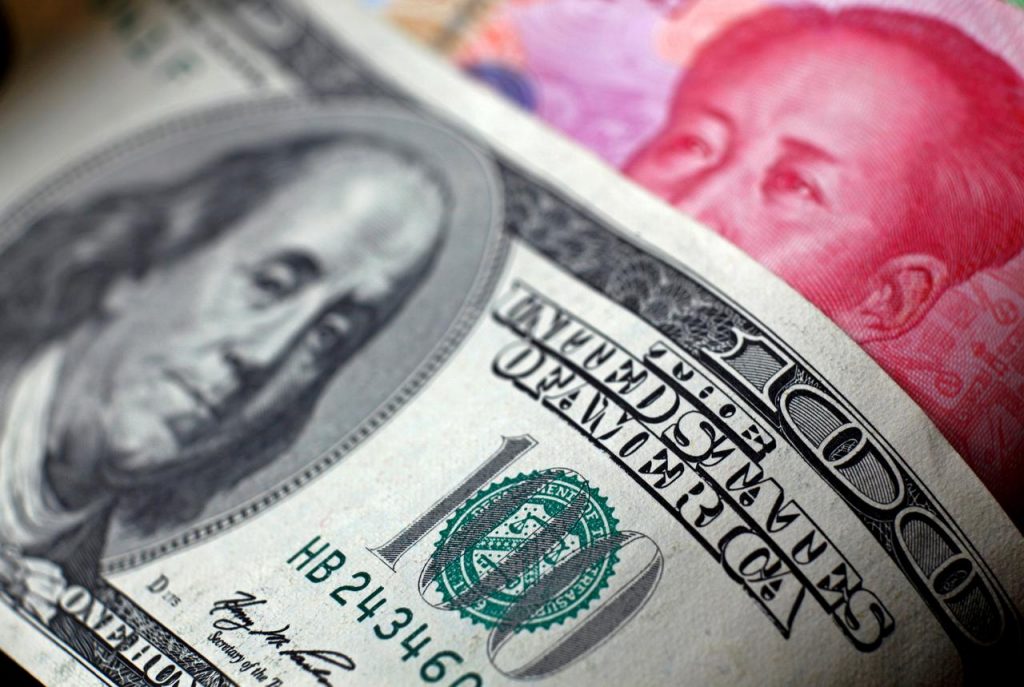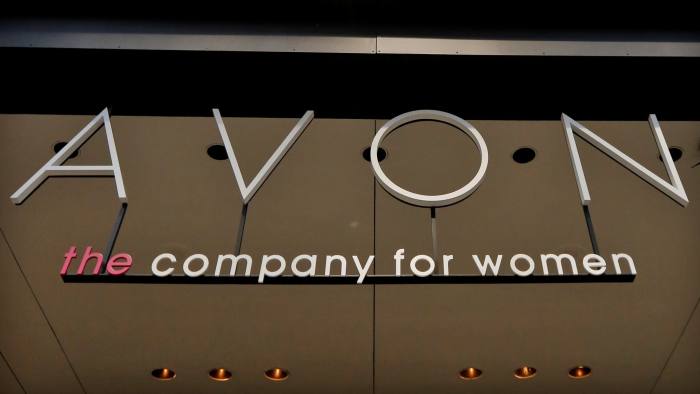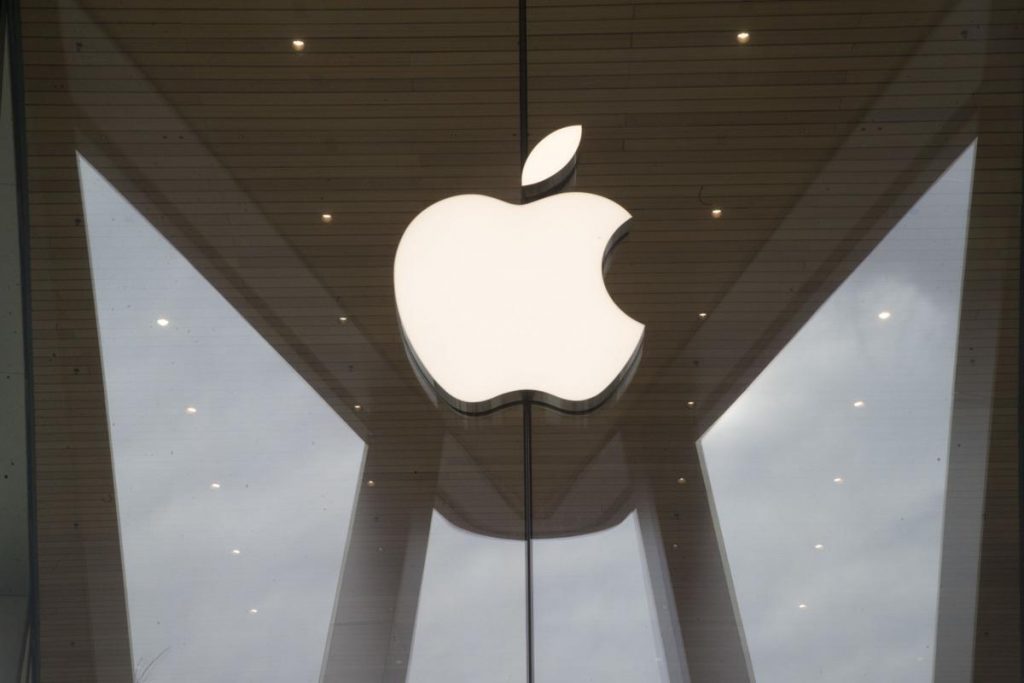Pilot-less airplanes could become a reality by 2025
Important question arises – are the aircrafts of the future really safe for passengers?
In the quest for cheaper flights and the airline companies trying to cut their costs, innovative system AI systems and machines might one day replace human employees in the travel sector. Pilots included.
According to latest concept, pilot-free planes could be available as soon as 8 years from now, new report by investment bank UBS announces, as these kind of aircrafts are considered to be safer for passengers and cheaper for the companies. Experts claim that pilot-less planes might reduce the costs of air-carriers by £27 billion a year, while human error related accidents might be reduced by 80 per cent.
With the latest pilot shortage, the idea seems to be a profitable one.
Nevertheless, travelers raise concerns over their safety, as it turns out, only 17 per cent of 8.000 people surveyed by UBS are willing to fly with a pilot-free plane.
Despite cheaper tickets (by up to 11 per cent), most of the tourists would still choose a human-assisted flight.
Additionally, the project is not a credible one due to the recent driver-less cars resulting in dangerous accidents where human assistance could have changed the outcome. Moreover, the systems might not be able to be controlled by human pilots in case of cyber hacking.
“We have concerns that in the excitement of this futuristic idea, some may be forgetting the reality of pilotless air travel. Automation in the cockpit is not a new thing – it already supports operations. However, every single day pilots have to intervene when the automatics don’t do what they’re supposed to. While moving pilots to a control tower on the ground might eventually save airlines money, there would need to be huge investment to make this possible, and even more to make it safe,” Steve Landells from the British Airline Pilots Association commented.
Despite current difficulties, the prospect remains an interesting one for the future of the travel industry.
Source: express.co.uk







